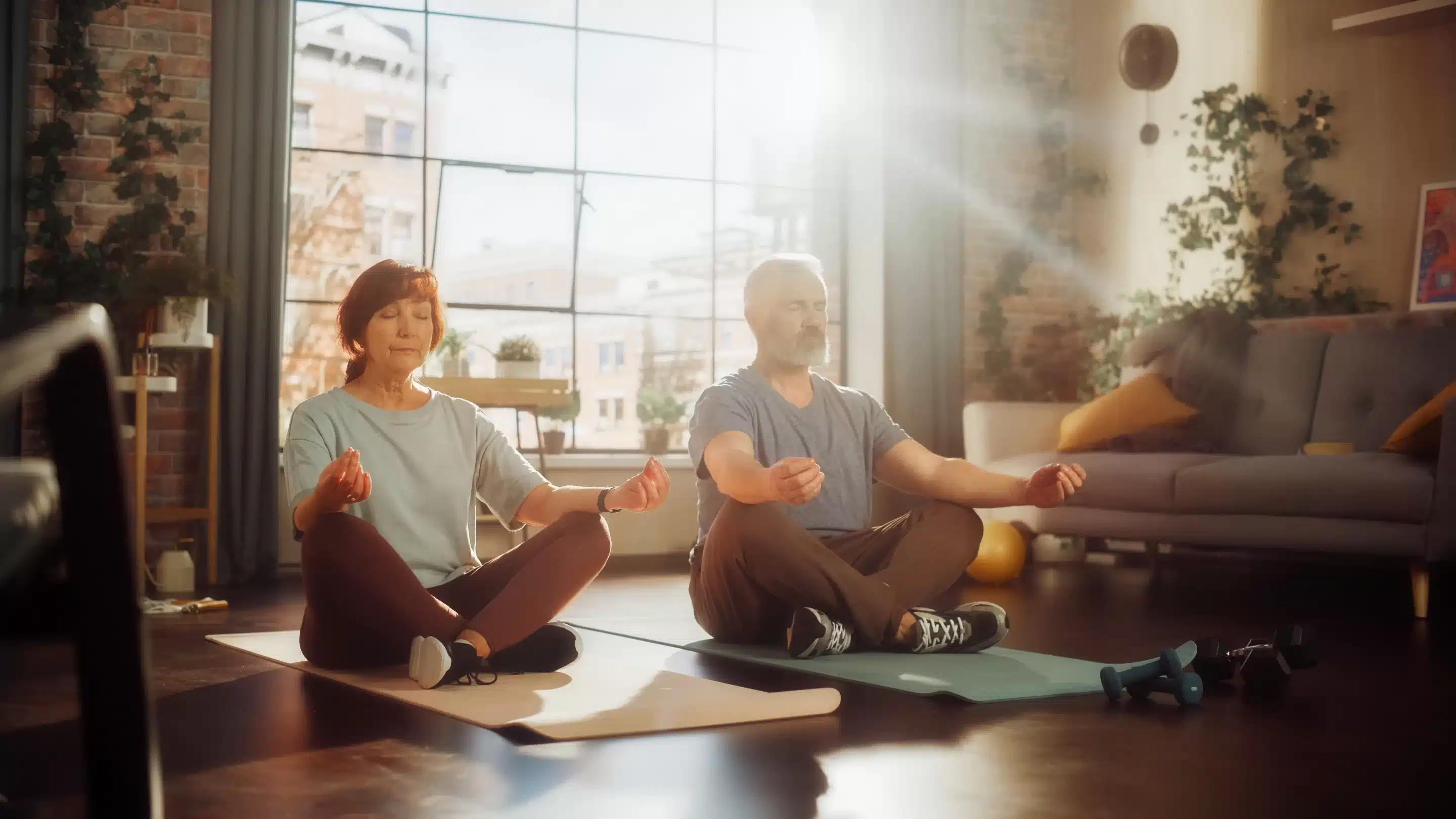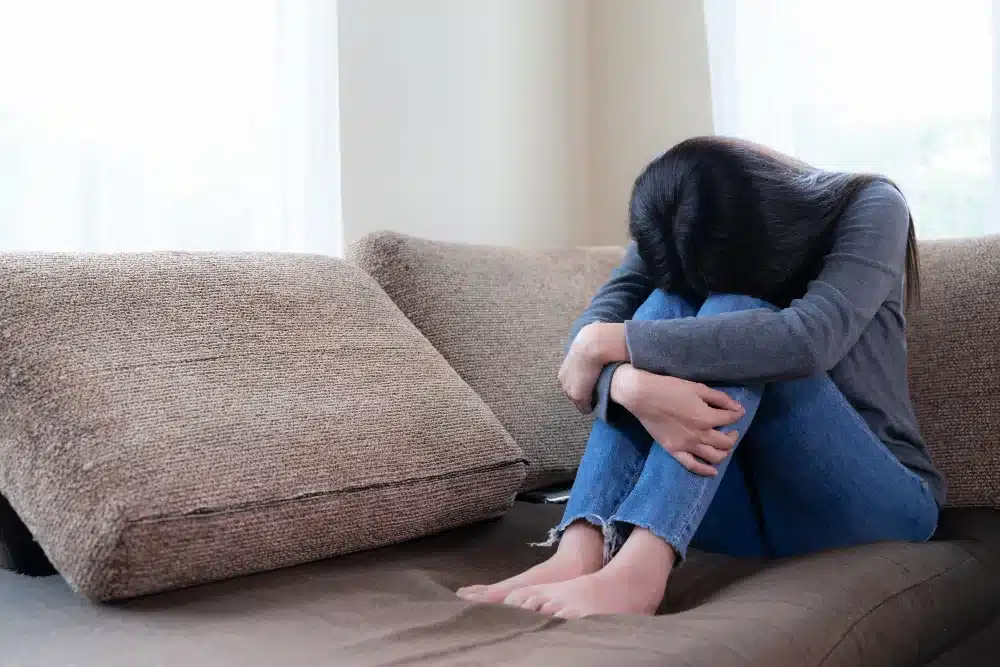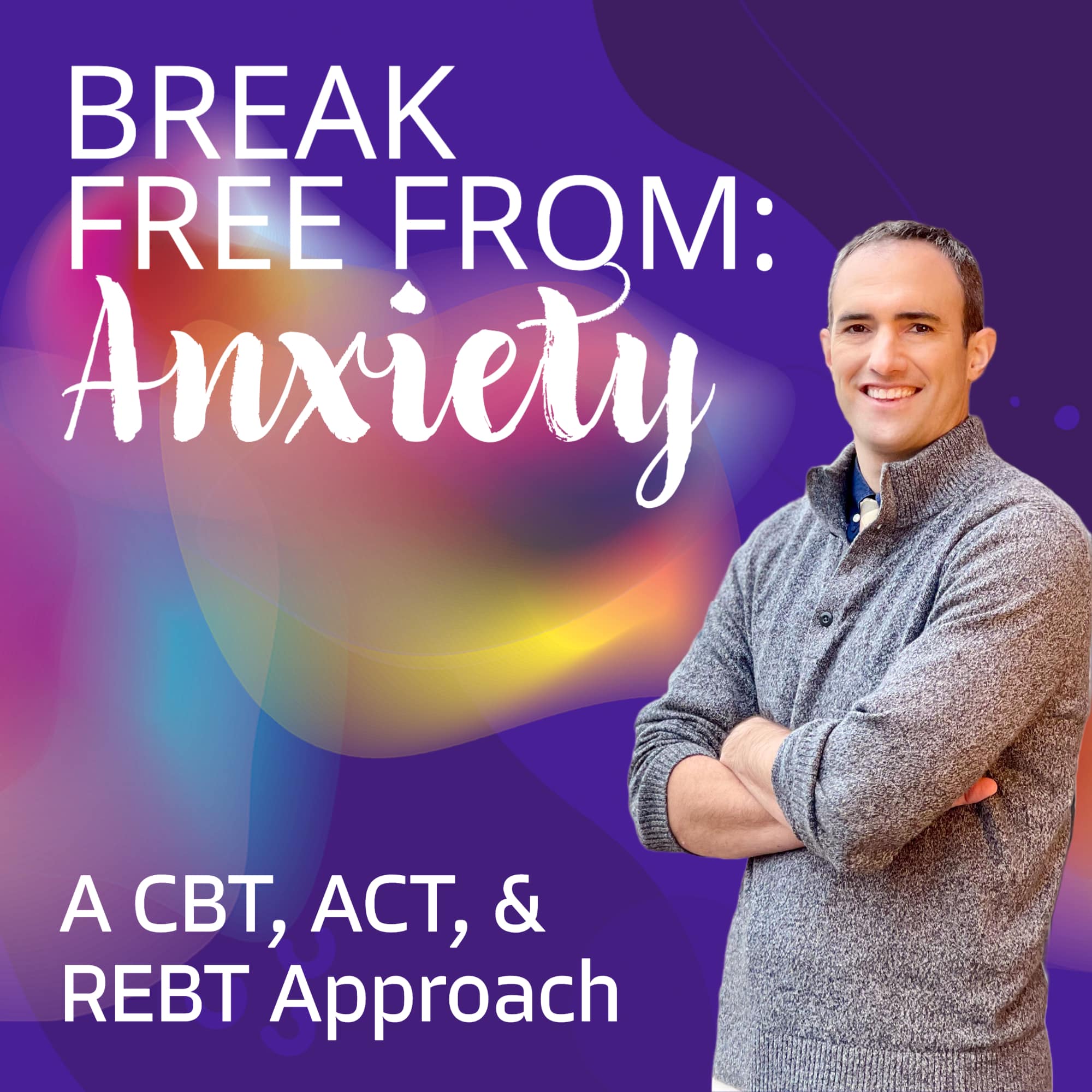Therapy is essential for anxiety in our fast-paced and stressful society because it provides a safe and supportive environment for individuals to explore and understand the root causes of an issue. It offers effective coping strategies tailored to their specific needs, helping them navigate the demands and pressures of their daily lives. Additionally, therapy equips individuals with long-term tools and techniques to manage anxiety, fostering resilience and improving their overall well-being in our challenging and hectic world.
KEY TAKEAWAYS
- There are numerous other options for treating anxiety besides taking medications.
- The following options are cost-effective and have no systemic side effects.
Stress and anxiety are prevalent mental health conditions that many people are facing today. This could result from under-reported cases in the past due to mental health stigma. Social comparisons, criticism, and isolation caused by social media could also be factors in the rising cases of anxiety and depression.
Our mental health significantly affects our overall well-being as it impacts our thoughts and, ultimately, our decisions in life. This is why we should normalize conversations regarding mental health issues and promote therapeutic approaches that help manage stress and anxiety.
Here’s a list of seven therapeutic approaches you can practice to relieve stress and anxiety.
1. Mindful Meditation as a Therapeutic Approach to Manage Anxiety

Mindfulness meditation is a therapeutic approach that revolves around attention and awareness, helping you observe thoughts, feelings, and sensations nonjudgmentally. With attention, you can notice what thoughts are going on inside your mind and what sensations are happening inside the body. With acceptance, you can acknowledge and observe all those positive and negative thoughts nonjudgmentally.
We get overwhelmed with thoughts, feelings, and sensations with impactful life events like the death of a loved one or financial struggles. These may lead to thoughts about the well being of your loved ones and what happens to your life insurance after you’ve left your job? Struggles with your career, like quitting your job and relationship problems, can also be factors.
You might be suffering from anxiety because you’re drowned in many thoughts, like the status of your employment, relationship, or other stressors.
With mindfulness meditations, we allow our bodies to manage our reactions towards stressful events and set a protective emotional space so we can help our minds take a step away from these overwhelming circumstances.
Mindfulness meditation involves focusing on the present moment and holding them without evaluating and passing judgment. Next, pay attention to the rhythm of your breathing. Observe if your breathing is greater in the nose or chest and feel whether it is shallow or deep. Widen your attention to your entire body and observe how your feelings change from moment to moment. Acknowledge these feelings, and don’t evaluate them critically. Just hold them and observe them without judgment.
Actionable Tip #1
There are numerous helpful apps that are completely free that can teach you mindful meditation. Consider Calm, Headspace, Waking Up or Root’d.
2. Creative Expression

Creative activities have similar effects to meditations regarding managing stress and anxiety. When you’re stressed, your body releases the primary stress hormone called “cortisol.” The higher the production of these stress hormones, the more stress you will experience.
According to Drexel University Art Therapy Study, 75% of adults who have engaged in creative activities like making doodles and collages have lowered their cortisol levels after 45 minutes of doing these activities. Moreover, art triggers the release of feel-good neurotransmitters called “dopamine.” Balanced levels of these neurotransmitters also translate to balanced mental health.
To engage in creative expression, you must determine your preferred type. Creative expression, visual arts, and movements are all areas of art you can explore. Do not set a time limit for your creative activities. You can give yourself a timeframe but don’t pressure yourself on achieving an output at the end of every session.
You can just set a time and evaluate what you have completed within that time frame. Lastly, you will need to establish a routine. By doing this, you can consistently reduce stress hormones, resulting in a more relaxed, calm, and focused mind.
Actionable Tip #2
Consider joining a local art community.
3. Physical Exercise

When you engage in physical exercise, you also allow yourself to “take a break” from your routine work. This is a theory called the “time-out hypothesis.” A 1998 study revealed that physical exercise indeed lowered stress levels by testing out the time-out hypotheses in a small group of females with anxiety.
Muscle tension could also build up when you are stressed and anxious. With physical exercise, you can loosen up and lower the stress levels in your body. Aerobic activity can also boost the production of feel-good neurotransmitters called “endorphins.”
Physical activities also imitate the effect of stress, like the fight or flight response, helping the body’s systems work together through such an effect. Lastly, exercise can help you improve your sleep, which is commonly disrupted by high-stress levels.
Actionable Tip #3
Instead of exercising with the intent of burning calories, consider making your goals mental health-centric. What would allow you to clear your mind? What would be the most fun?
4. Journaling

Journaling is a self-exploration tool that involves taking notes in a diary or a journal. More than this, journaling is also a therapeutic approach to managing anxiety.
When we write, we also process our thoughts and emotions, engaging both brain hemispheres and resulting in fully integrated processing. By journaling, you can also prioritize problems, fears, and concerns. More than these, you can engage in positive self-talk and identify negative thoughts and behaviors.
Some healthy journaling practices include writing daily and bringing your journal and a pen with you daily. You don’t have to follow a specific structure. You can write whatever comes to your mind and let the thoughts flow through your pen.
Treat writing as a personal relaxation time to let out your private thoughts, like your fears. You can pair it with a cup of tea in a place that you find comfortable and relaxing.
Actionable Tip #4
Try spending 5-10 minutes writing down a stream of your conscious thoughts.
5. Social Support

You can cope with your problems more confidently and independently with strong social support. You may feel like relying on other people’s social and emotional support is tolerating dependence. However, with a reliable support network, you can solicit advice on your problems and make better decisions.
Loneliness is linked to anxiety and depression, so it’s essential that you also spend time with friends when you feel necessary. Consequently, you will feel a quick mood boost and improved happiness. Loneliness can also trigger a decline in cognitive functions. Maintaining an active social life can lower the possibility of cognitive impairment like dementia.
Actionable Tip #5
Try reaching out to a friend or two who you haven’t spoken to in a while. Surely they’d love to hear from you.
6. Deep Breathing and Relaxation Techniques

Your breathing pattern is altered when you’re stressed. You will have small, shallow breaths when you’re stressed, disrupting the balance of gasses inside the body. This can worsen the symptoms of stress and prolonged anxiety, so practicing deep breathing and relaxation techniques can make a big difference.
The best therapeutic approach is abdominal breathing. You must find a calm and relaxed environment to practice this kind of breathing. Sit comfortably and place one hand on your chest and the other on your abdomen. Inhale and exhale oxygen through your nose and observe the movements of your chest and abdomen as you breathe. Your goal is to allow your diaphragm to work with your abdomen rather than your chest.
Actionable Tip #6
Some people might notice meditation-induced anxiety. If that’s the case, try using an app that can guide you.
7. Time in Nature

When you spend time with nature, you allow your mind to focus on the surroundings gently instead of suddenly snatching and processing them. Green, natural spaces can help you boost your mood and reduce anxiety.
You can also look at the vibrant colors of flowers and allow yourself to identify them with your senses. This way, you can focus on the moment and get away with anxious thoughts.
You can also listen to the birds and observe if the sounds they produce are high-pitched or low-pitched. By doing this, you’re stimulating your senses and diverting your attention to what’s happening in the present.
While you’re outside, take the time to feel the sun on your face and boost the production of serotonin inside your body, boosting your mood and helping you become more focused and calm.
Actionable Tip #7
Work through all your senses when out in nature. What do you see, hear, feel? This will help you work on mindful meditation.
Conclusion
Our mental health is a crucial aspect of our overall well-being. Practicing therapeutic approaches to address mental health issues like stress and anxiety can make a big difference in our lives. If you have been experiencing persistent anxiety symptoms, it’s recommended to consult your doctor. This way, you can find out if you have to take medications and other treatments besides the safe and effective therapeutic approaches we shared with you.
Author’s Bio
Analisse Weathers is a seasoned writer who has a deep passion for mental health advocacies. With a strong background in evidence-based strategies to address stress and anxiety, she aims to continue writing blogs that foster a safe space where readers can gain insights on therapeutic approaches and learn self-care strategies to empower them successfully overcome their anxiety.

 Bruce Bassi
Bruce Bassi





